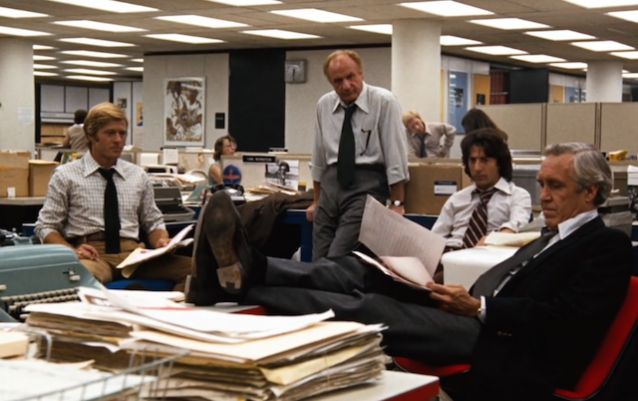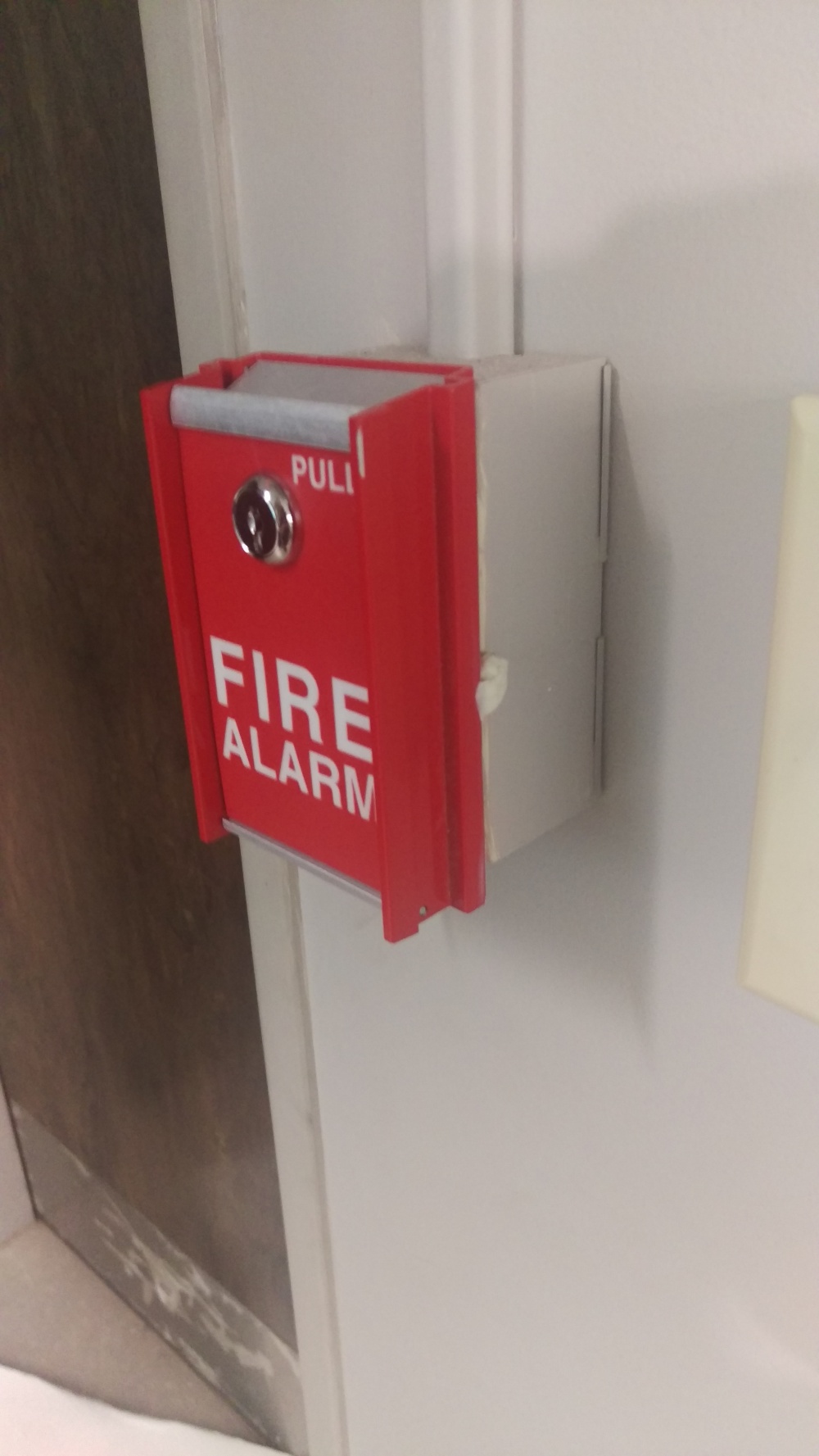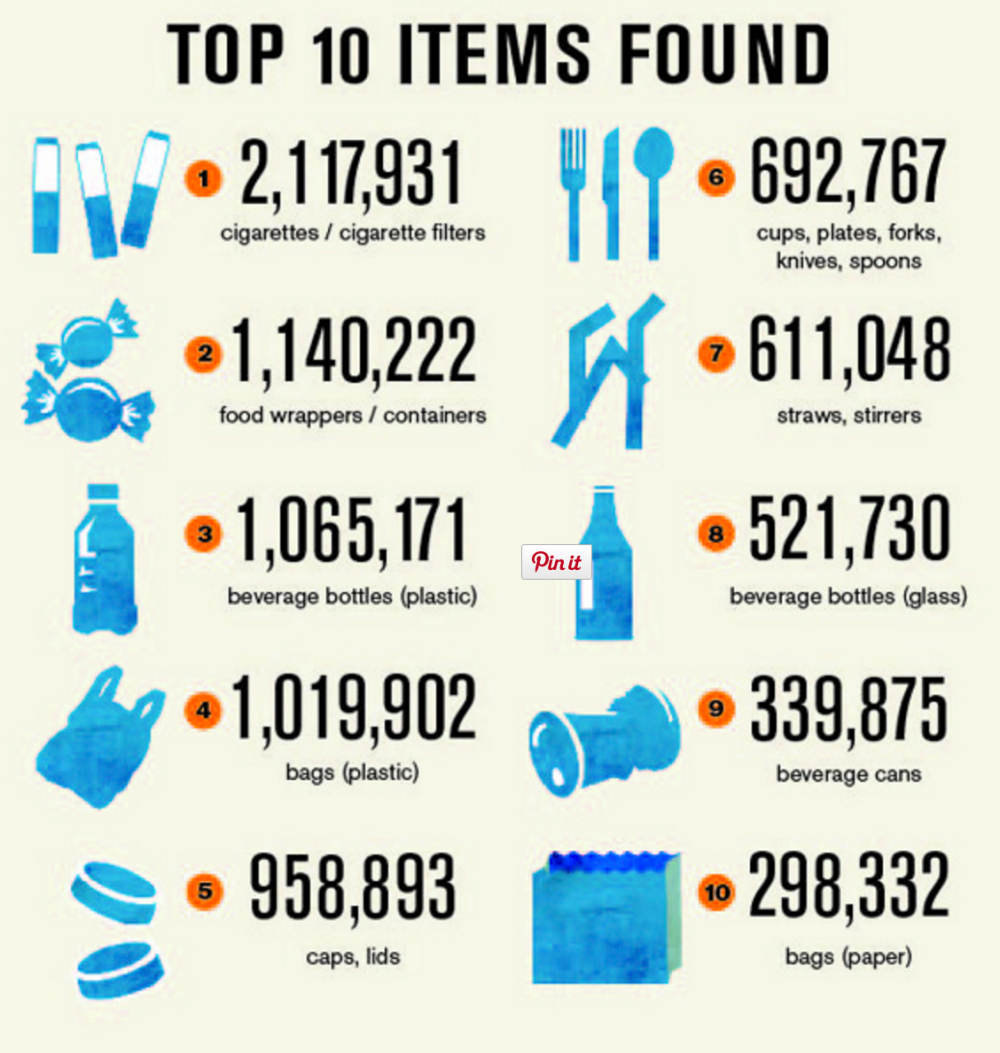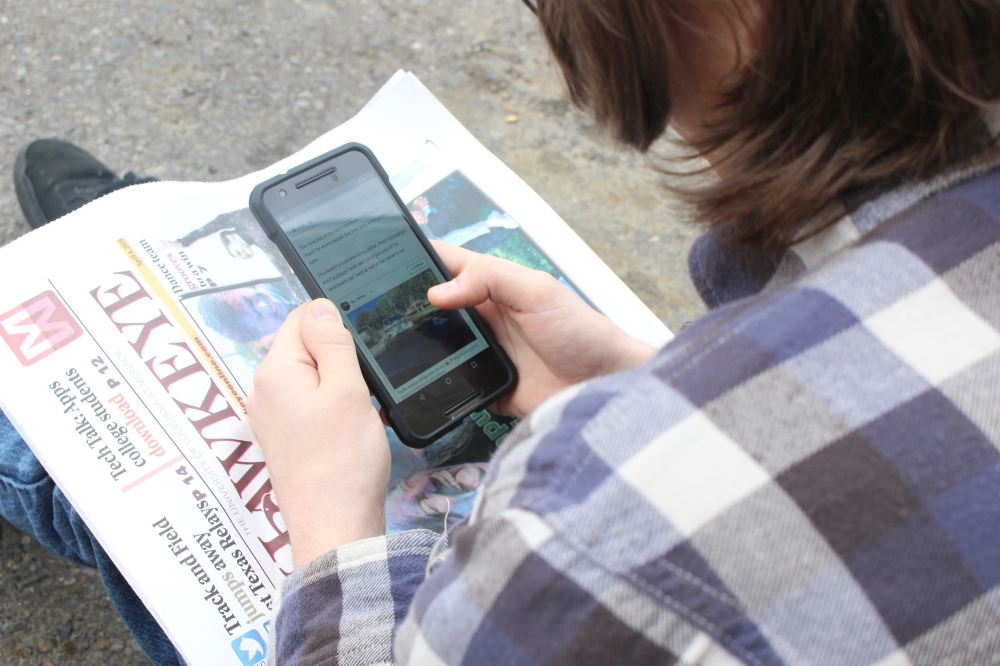Woodward and Bernstein make moves pre-digital era

What a sight – office desks with no computers on them.
Watergate is the kind of thing young journalists like me dream about. Not that I want there to be another massive political scandal involving espionage that leads to the resignation of a president, but if it were to happen I definitely wouldn’t mind writing a little thing or two about it.
The Watergate scandal changed not only American politics, but investigative journalism. Americans began thinking more critically about their own leaders and trusting journalists more to speak out against injustices . The situation became so notorious that it spawned a novel written by the journalists themselves and a movie just a couple of years later.
“All The President’s Men” is the name of the narrative non-fiction novel (like “In Cold Blood!”) that follows Washington Post reporters Bob Woodward and Carl Bernstein as they unraveled one of the biggest instances of political corruption in American history. Even bigger than when “The New York Times” blew the whistle on Boss Tweed and Tammany Hall.
And these two men accomplished this without even using a computer. I know I must sound so millennial right now, but we have access to worlds of information at our fingertips. We can find records on anything we want. We can crowdsource in minutes without even leaving our seats. Research can be done without even opening a book.
Yet, the same principles of proper investigative reporting is still there. Woodward and Bernstein just had to make more phone calls if they wanted to find something out and actually “sleuth” around a bit more.
For example, back then when Bernstein called the White House Library to find out which books Howard Hunt, consultant to the White House, was checking out about Kennedy, the library assistant remembered Hunt “…took out a whole bunch of material” on Kennedy but then suddenly she didn’t remember anything anything about it. So the duo had to make more calls and locate the records they needed in person – something that isn’t always necessary in the digital age.
Bernstein and Woodward took a cab to the Library of Congress and found the office that handles White House requests for material in the library. Speaking to the reporters in a hallway, rather than his office, a librarian informed them politely that White House transactions were confidential. Eventually, the reporters found a more cooperative clerk and spent the afternoon in the reading room sorting through thousands of slips of paper—every request since July 1971, when Hunt was hired by the White House.
It was only a slight road bump in their investigation, but one that is much more easily avoidable today. Such as when KNOE caught word of the name Quinton Tellis as someone possibly in custody for the murders of Meing Chen Hsiao and Jessica Chambers, reporter Lacey Sharp pulled up the man’s criminal record before I could even look up how to spell his name.
She had pieces of the investigation in front of her, so when she called the police department to question exactly what “fugitive of justice” meant on his record, there was no “sorry ma’am we don’t know what you’re talking about. Because she could hit them with “well it says right here…”
Woodward and Bernstein didn’t have that luxury. They had to rely on each other, interpersonal communication and body language with the people they met throughout the investigation and their own judgement. Not that we don’t do that today, but honing those skills when your only resources are landlines and typewriters can get you a lot further than using emails and digital databases.
And mistakes were made.
…the report was incorrect, and the decision to rush it into print was a mistake. Weeks later, Woodward and Bernstein learned that the initial FBI report had not made it clear whether the memos [Alfred] Baldwin had seen were of the wiretap conversations or were merely routine security memos. Eventually, the reporters became convinced that they were routine memos which had nothing to do with wiretapping. Three men had been wronged. They had been unfairly accused on the front page of the Washington Post, the hometown newspaper of their families, neighbors and friends.
Three men were named as being involved in wiretapping. But that doesn’t negate all of the hard work and history making these two men went through to expose the Watergate Scandal. I personally think journalistic mistakes are more detrimental in the modern day because in the age of mob mentality and groupthink on the Internet things tend to go viral and leave a bigger stain on the history-making process.
Does that mean I don’t think mistakes made 40 years ago weren’t a big deal? Of course not. But I think this is one part of bringing down the government pre-digital age that worked in their favor.
No matter what happened or how it happened, Woodward and Bernstein stuck by their journalistic integrity and ethics. They owned up to mistakes and even today still talk about it. They sought truth and clarification before confirming anything to the public, especially when things were told to them off the record.
They held each other accountable and, despite their differences at first, understood each other’s strengths and weakness for the greater good of getting the story done.


 New technology will always have its naysayers from landlines to cellphones, from horse-drawn carriages to automobiles. When the Model T hit the streets, people said man wasn’t meant to go that fast. And the Model T could only go up to 45 miles per hour.
New technology will always have its naysayers from landlines to cellphones, from horse-drawn carriages to automobiles. When the Model T hit the streets, people said man wasn’t meant to go that fast. And the Model T could only go up to 45 miles per hour.
 Osteosarcoma has a survival rate of 75 percent unless the cancer spreads to more dangerous areas. Markell’s cancer spread to his spine and lungs. His chance of survival became 30 percent.
Osteosarcoma has a survival rate of 75 percent unless the cancer spreads to more dangerous areas. Markell’s cancer spread to his spine and lungs. His chance of survival became 30 percent. s not a death sentence. His poster reminded us that we helped fight for his life, his future and here he is smiling back at us. Now his poster means something different.
s not a death sentence. His poster reminded us that we helped fight for his life, his future and here he is smiling back at us. Now his poster means something different.